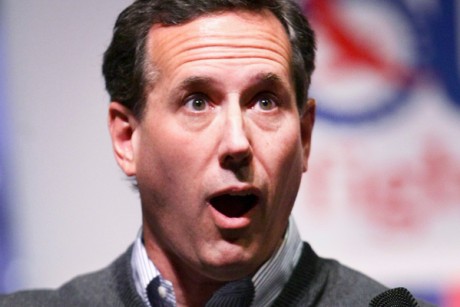A friend sent me an interesting article by psychologist Bruce E. Levine that poses the question: Would we drug up Albert Einstein today for displaying traits outside the norms of an obedient society?
Mood music:
http://youtu.be/zmw9dd9UgRQ
Let’s see what Levine says, then I’ll weigh in…
In my career as a psychologist, I have talked with hundreds of people previously diagnosed by other professionals with oppositional defiant disorder, attention deficit hyperactive disorder, anxiety disorder and other psychiatric illnesses, and I am struck by 1) how many of those diagnosed are essentially anti-authoritarians; and 2) how those professionals who have diagnosed them are not.
Anti-authoritarians question whether an authority is a legitimate one before taking that authority seriously. Evaluating the legitimacy of authorities includes assessing whether or not authorities actually know what they are talking about, are honest, and care about those people who are respecting their authority. And when anti-authoritarians assess an authority to be illegitimate, they challenge and resist that authority—sometimes aggressively and sometimes passive-aggressively, sometimes wisely and sometimes not.
Some activists lament how few anti-authoritarians there appear to be in the United States. One reason could be that many natural anti-authoritarians are now psychopathologized and medicated before they achieve political consciousness of society’s most oppressive authorities.
Gaining acceptance into graduate school or medical school and achieving a PhD or MD and becoming a psychologist or psychiatrist means jumping through many hoops, all of which require much behavioral and attentional compliance with authorities, even those authorities one lacks respect for. The selection and socialization of mental health professionals tends to breed out many anti-authoritarians. Degrees and credentials are primarily badges of compliance. Those with extended schooling have lived for many years in a world where one routinely conforms to the demands of authorities. Thus for many MDs and PhDs, people different from them who reject this attentional and behavioral compliance appear to be from another world—a diagnosable one.
I have found that most psychologists, psychiatrists and other mental health professionals are not only extraordinarily compliant with authorities but also unaware of the magnitude of their obedience. And it also has become clear to me that the anti-authoritarianism of their patients creates enormous anxiety for these professionals, and their anxiety fuels diagnoses and treatments.
A 2009 Psychiatric Times article titled “ADHD & ODD: Confronting the Challenges of Disruptive Behavior” reports that “disruptive disorders,” which include attention deficit hyperactivity disorder (ADHD) and opposition defiant disorder (ODD), are the most common mental health problem of children and teenagers. ADHD is defined by poor attention and distractibility, poor self-control and impulsivity, and hyperactivity. ODD is defined as a “a pattern of negativistic, hostile, and defiant behavior without the more serious violations of the basic rights of others that are seen in conduct disorder”; and ODD symptoms include “often actively defies or refuses to comply with adult requests or rules” and “often argues with adults.”
Psychologist Russell Barkley, one of mainstream mental health’s leading authorities on ADHD, says that those afflicted with ADHD have deficits in what he calls “rule-governed behavior,” as they are less responsive to rules of established authorities and less sensitive to positive or negative consequences. ODD young people, according to mainstream mental health authorities, also have these so-called deficits in rule-governed behavior, and so it is extremely common for young people to have a “dual diagnosis” of AHDH and ODD.
Do we really want to diagnose and medicate everyone with “deficits in rule-governed behavior”?
Albert Einstein, as a youth, would have likely received an ADHD diagnosis, and maybe an ODD one as well. Albert didn’t pay attention to his teachers, failed his college entrance examinations twice, and had difficulty holding jobs. However, Einstein biographer Ronald Clark (Einstein: The Life and Times) asserts that Albert’s problems did not stem from attention deficits but rather from his hatred of authoritarian, Prussian discipline in his schools. Einstein said, “The teachers in the elementary school appeared to me like sergeants and in the Gymnasium the teachers were like lieutenants.” At age 13, Einstein read Kant’s difficult Critique of Pure Reason—because he was interested in it. Clark also tells us Einstein refused to prepare himself for his college admissions as a rebellion against his father’s “unbearable” path of a “practical profession.” After he did enter college, one professor told Einstein, “You have one fault; one can’t tell you anything.” The very characteristics of Einstein that upset authorities so much were exactly the ones that allowed him to excel.
My thoughts:
Einstein probably would have been deemed an ADHD-OCD case and given medication. I’m not convinced that the medication would have obliterated his intellect or altered his work. But who knows.
I only know that as someone with OCD and ADHD, I take medication that allows me to move along without getting brain locked. It doesn’t make me smarter or dumber. It doesn’t numb me to discomforting situations. I still feel and think everything. The worry and anxiety simply doesn’t incapacitate me like it used to.
Are psychologists, psychiatrists and other mental health professionals too quick to prescribe medication for the sake of making sufferers more obedient and less troublesome in their surroundings? Probably. I think that’s especially problematic with children.
It’s hard to paint every situation with the same brush, though. There are bad therapists and excellent therapists.
Some get just the right treatment. Others get disastrous treatment.
I’m just glad Einstein got to live his life on his terms.

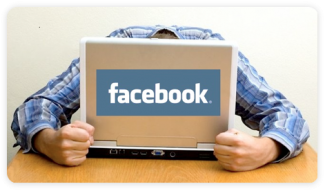

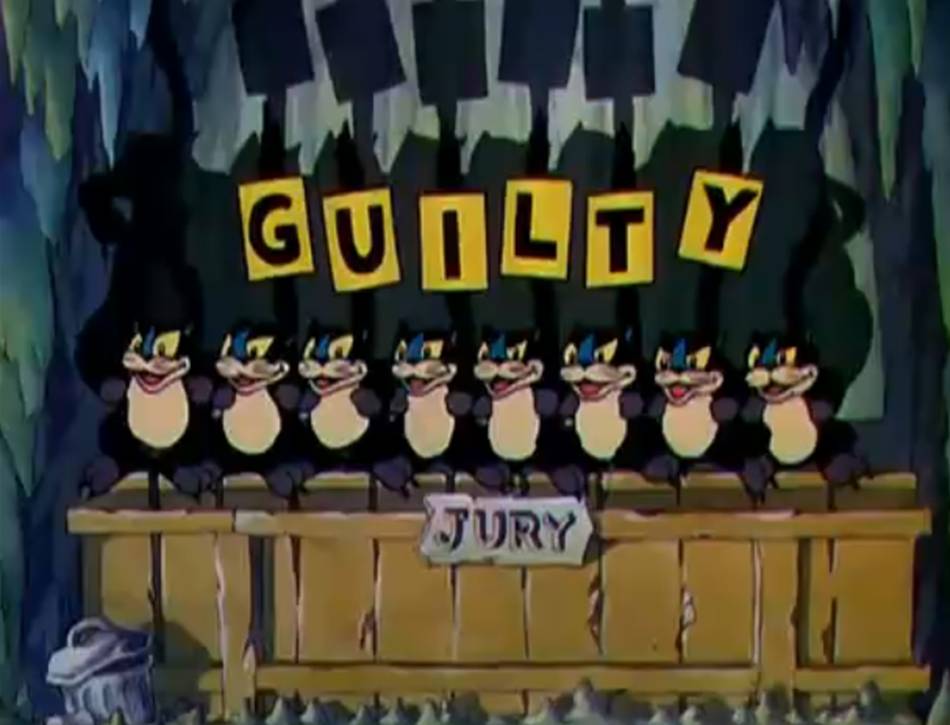
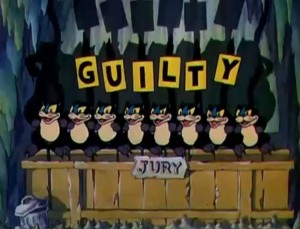




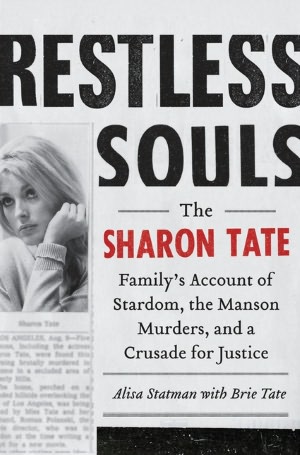 I’ve written a lot here about my interest in the Manson case. This past November, I
I’ve written a lot here about my interest in the Manson case. This past November, I 


